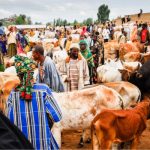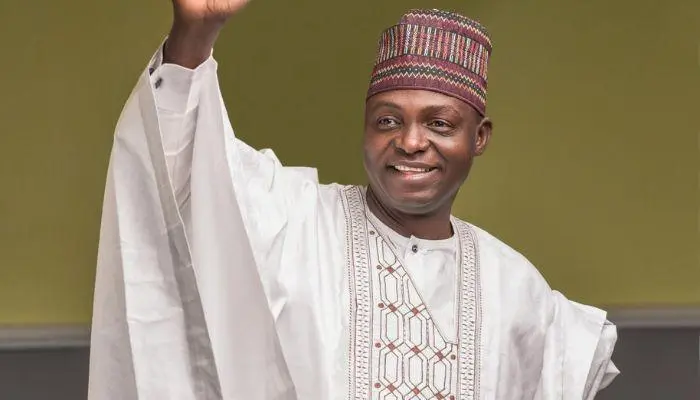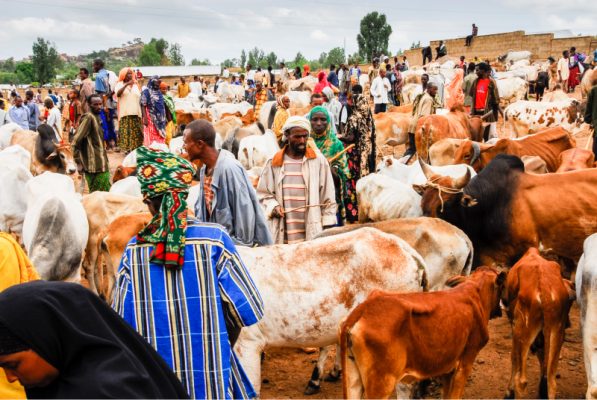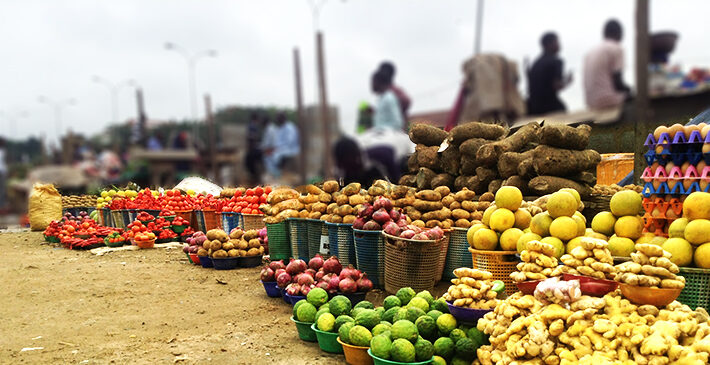The Minister of Humanitarian Affairs and Poverty Reduction, Nentawe Yilwatda, has announced the approval by the federal government for the ministry to give non-collaterised loan to Nigerian farmers and vulnerable citizens. He said on Thursday that his experience as a displaced person motivates the ministry’s interventions, including the new N36 billion funding for farmers and vulnerable groups in 2025.
Yilwatda made this statement during the official launch of the Nigeria Humanitarian Needs and Response Plan (HNRP) by the United Nations Office for the Coordination of Humanitarian Affairs (UNOCHA) in Abuja.
He explained that the 2025 HNRP prioritises saving lives, building resilience, and adopting adaptive approaches to address recurring challenges with immediate resources.
The plan transitions to a proactive strategy to mitigate disasters before they occur.
The minister emphasised the need for the federal government to translate its efforts into solutions that drive sustainable development.
He highlighted the proliferation of Internally Displaced Persons (IDP) camps as a call to action, requiring the adoption of the HNRP, which uses extensive data, assessments, tools, consultations, humanitarian actors, and affected communities.
“For us at the ministry, we are developing global solutions. We are going to Benue tomorrow to recover about ten thousand hectares of land for the IDPs.
“As of yesterday, we developed about 600 hectares of land for the IDPs, formed about 200 cooperatives in the IDPs, with over 80 percent of these cooperatives led by women.
“Members of these cooperatives include over 2,000 household leaders. At harvest, we will not take 10 percent of the food produced but will supply it to those who did not produce.
“We will prioritise widows, nursing mothers, pregnant women, and persons living with disabilities.
“This is because women in these categories face double jeopardy, and women-headed households face acute challenges, including gender-based violence (GBV), child marriage, and food insecurity. They are 34 percent more likely to experience severe hunger than male-headed households.
“I was in an IDP camp in 1991 during the Bauchi crisis when our homes were destroyed. My family and I lived in the camp for a month—it was the most horrific experience of my life. This is why we dream of a future where no one remains in an IDP camp,” he said.
Revealing plans for intervention in 2025, Yilwatda stated that the president approved N36 billion to support farmers and vulnerable groups in rural areas.
He disclosed that “N32 billion has been approved” to provide soft loans. These loans, he assured, are “collateral and interest-free” and will be distributed to rural farmers.
Each household will receive between N300,000 and N400,000, along with farm inputs, resources, and market assistance.
Additionally, “N4 billion has been approved” for cash transfers to vulnerable groups, including those affected by floods and natural disasters. These funds aim to help them prepare for the farming season, with most of the beneficiaries being farmers.
“We believe that providing this token to vulnerable groups will enable them to purchase fertilisers, farm inputs, expand farms, engage in petty trades, and improve their livelihoods.
“That is why we are discussing the need to provide financial literacy to help them make informed decisions and move out of poverty.
“We are partnering with the Benue State government and have created over 200 cooperatives for displaced people who now own land. Under this initiative, 30 percent of the land will belong to the community, while 70 percent will be owned by the IDPs. A joint cooperative between the locals and IDPs has also been formed.
“We are targeting social cohesion through this process. We are providing all necessary farm inputs as part of this initiative.
“The National Agricultural Land Development Authority (NALDA) will cultivate all the lands. We are also partnering with the Federal Ministry of Agriculture and Food Security (FMAFS) and the United Nations Development Programme (UNDP), while the IDPs will contribute labour to the project” he added.
Yilwatda further explained that each hectare of the projected 10,000 hectares will accommodate two people.












